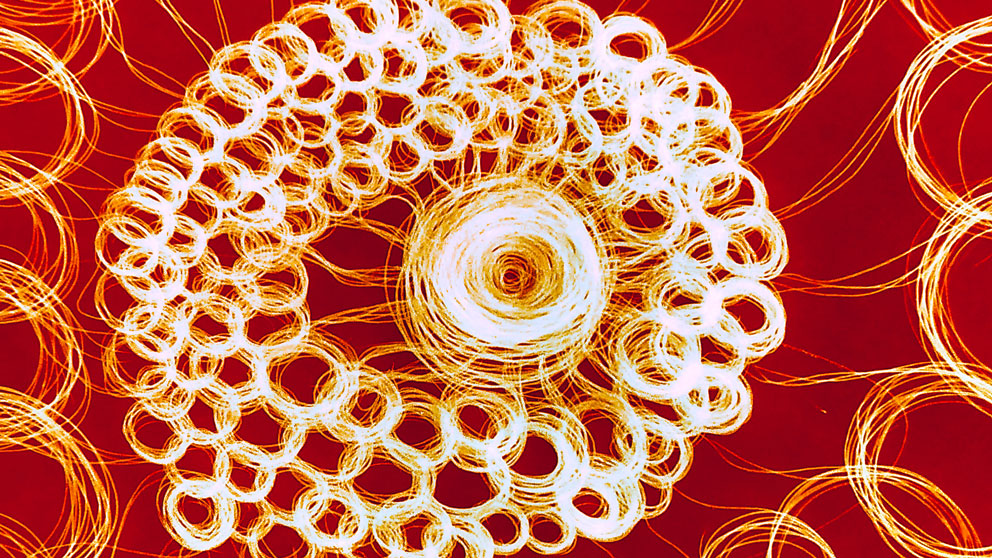
National Cancer Institute grant to JAX will fund the development of new tools to identify and analyze structural variants and their functional impacts in tumors.
The chromosomes in cancer cells often undergo aberrant structural changes such as deletions, insertions, inversions, duplications and translocations. Some of the changes are thought to promote tumor progression by altering gene structures and gene expression. “However, identifying these changes and determining their functional impacts are limited by current methods,” says professor and director of genome technologies at The Jackson Laboratory (JAX).
Wei’s lab focuses on making technological advances in chromatin interaction analyses and ultra-long read DNA sequencing to examine the complexity of structural variants (SVs) and their impact to three-dimensional chromatin conformation in cancer genomes, now with a new branch into exploring extrachromosomal DNA (ecDNA). A new exploratory grant totaling $1,239,300 from the National Cancer Institute will fund the development of these emerging genomic approaches and tools to accurately and comprehensively characterize SVs including ecDNA as a standard practice in cancer genome research.
Moreover, says co-principal investigator and “a complete understanding of the structure and distribution of SVs and extrachromosomal DNA (ecDNA), an extreme form of SV found in a wide range of cancer types, would shed light on their roles in tumor progression. I am very happy to be a part of this exciting project.”
The team will optimize the nanopore-based single-molecule DNA sequencing strategy and the ChIA-PET (a method for mapping long-range chromatin interactions) approach to robustly and comprehensively detect ecDNA-amplified sequences. In parallel, the computational algorithm “Picky” developed by Wei group will be further improved for identifying likely molecular signatures in complex SVs including ecDNA structures.
“The result will be a new platform for unbiased finding and analyzing SVs and ecDNAs in different types of cancer models at high sensitivity and resolution,” Wei says. “This work will empower the cancer research community with tools to reveal mechanisms that induce genome instability and drive cancer progression.”
Advancing Ultra Long-read Sequencing and Chromatin Interaction Analyses for Chromosomal and Extrachromosomal Structural Variation Characterization in Cancer, National Cancer Institute, Grant Number 1R33CA236681-01A1